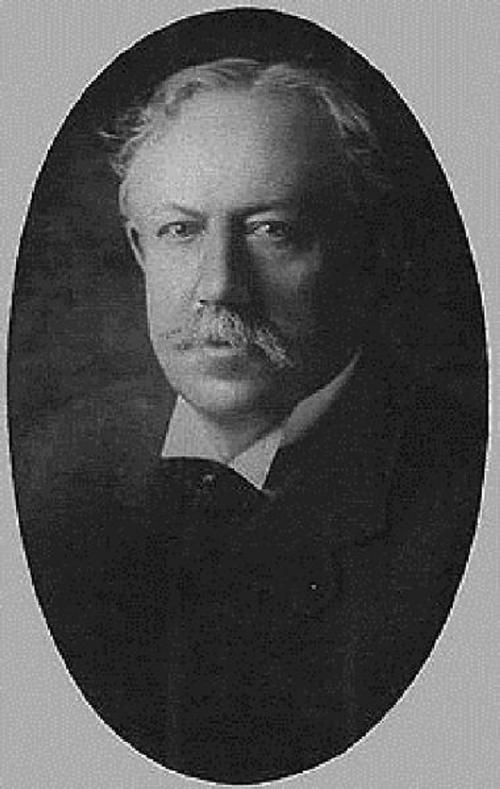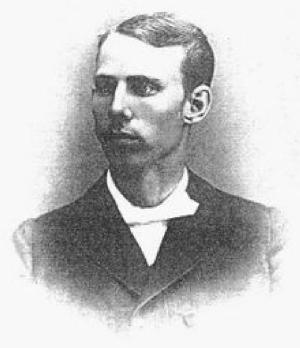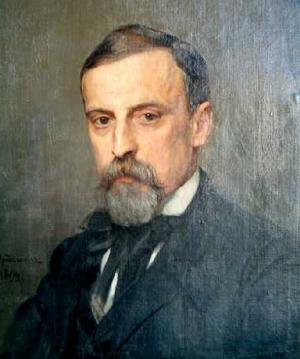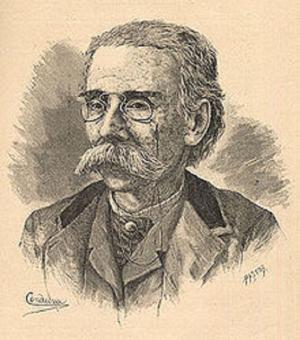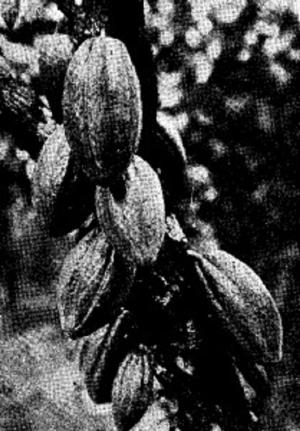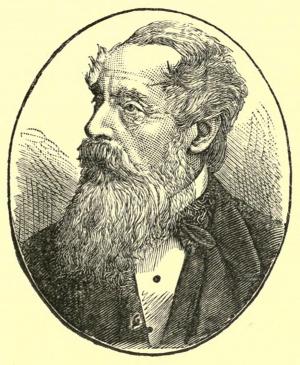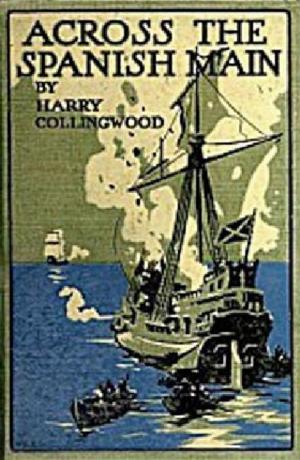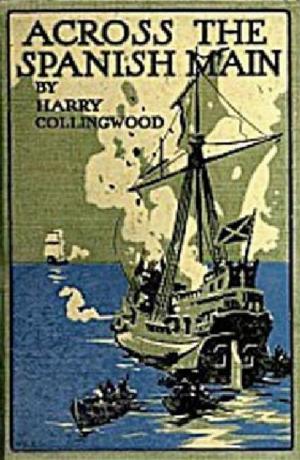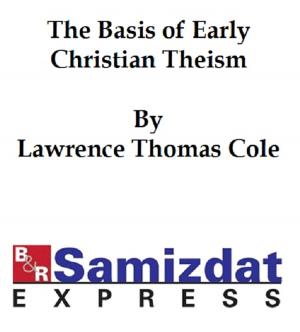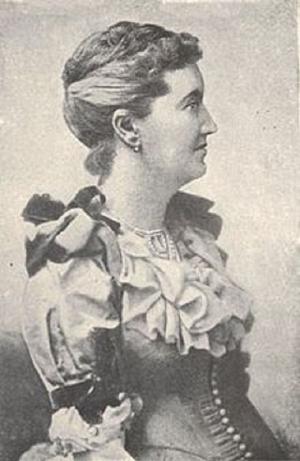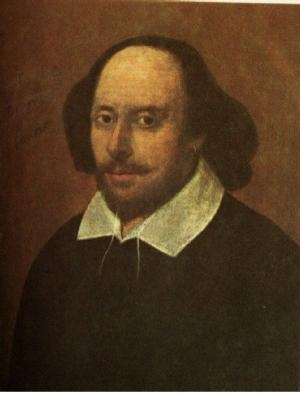| Author: | David Starr Jordan | ISBN: | 9781455404704 |
| Publisher: | B&R Samizdat Express | Publication: | December 15, 2009 |
| Imprint: | Language: | English |
| Author: | David Starr Jordan |
| ISBN: | 9781455404704 |
| Publisher: | B&R Samizdat Express |
| Publication: | December 15, 2009 |
| Imprint: | |
| Language: | English |
A short essay. According to Wikipedia: "David Starr Jordan, Ph.D., LL.D. (January 19, 1851 September 19, 1931) was a leading eugenicist, ichthyologist, educator and peace activist. He was president of Indiana University and Stanford University. Jordan was born in Gainesville, New York, and studied at Cornell University, Butler University, and the Indiana University School of Medicine. During 1885, he was named President of Indiana University, becoming the nation's youngest university president at age 34. During 1891, he became president of Stanford University, serving there as president until 1913 and chancellor until his retirement during 1916. Jordan served as a Director of the Sierra Club from 1892 to 1903. Although well regarded as an ichthyologist, Jordan was best known for being a peace activist. He argued that war was detrimental to the human species because it removed the strongest organisms from the gene pool. Jordan was president of the World Peace Foundation from 1910 to 1914 and president of the World Peace Conference during 1915, and opposed U.S. involvement in World War I. During 1925, Jordan was an expert witness for the defense in the Scopes Trial. That same year, he was a listed member in the Bohemian Club and the University Club in San Francisco. He served as a member of the initial board of trustees of the Human Betterment Foundation, a eugenics organization established in Pasadena, California in 1928 in order to compile and distribute information about compulsory sterilization legislation in the United States, for the purposes of eugenics."
A short essay. According to Wikipedia: "David Starr Jordan, Ph.D., LL.D. (January 19, 1851 September 19, 1931) was a leading eugenicist, ichthyologist, educator and peace activist. He was president of Indiana University and Stanford University. Jordan was born in Gainesville, New York, and studied at Cornell University, Butler University, and the Indiana University School of Medicine. During 1885, he was named President of Indiana University, becoming the nation's youngest university president at age 34. During 1891, he became president of Stanford University, serving there as president until 1913 and chancellor until his retirement during 1916. Jordan served as a Director of the Sierra Club from 1892 to 1903. Although well regarded as an ichthyologist, Jordan was best known for being a peace activist. He argued that war was detrimental to the human species because it removed the strongest organisms from the gene pool. Jordan was president of the World Peace Foundation from 1910 to 1914 and president of the World Peace Conference during 1915, and opposed U.S. involvement in World War I. During 1925, Jordan was an expert witness for the defense in the Scopes Trial. That same year, he was a listed member in the Bohemian Club and the University Club in San Francisco. He served as a member of the initial board of trustees of the Human Betterment Foundation, a eugenics organization established in Pasadena, California in 1928 in order to compile and distribute information about compulsory sterilization legislation in the United States, for the purposes of eugenics."
